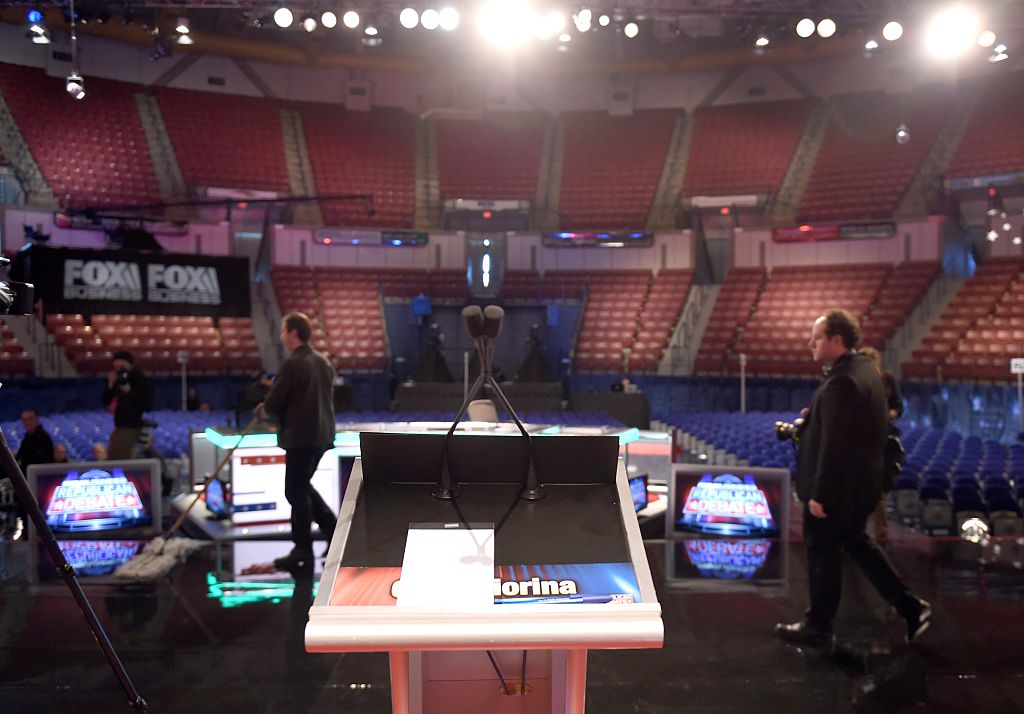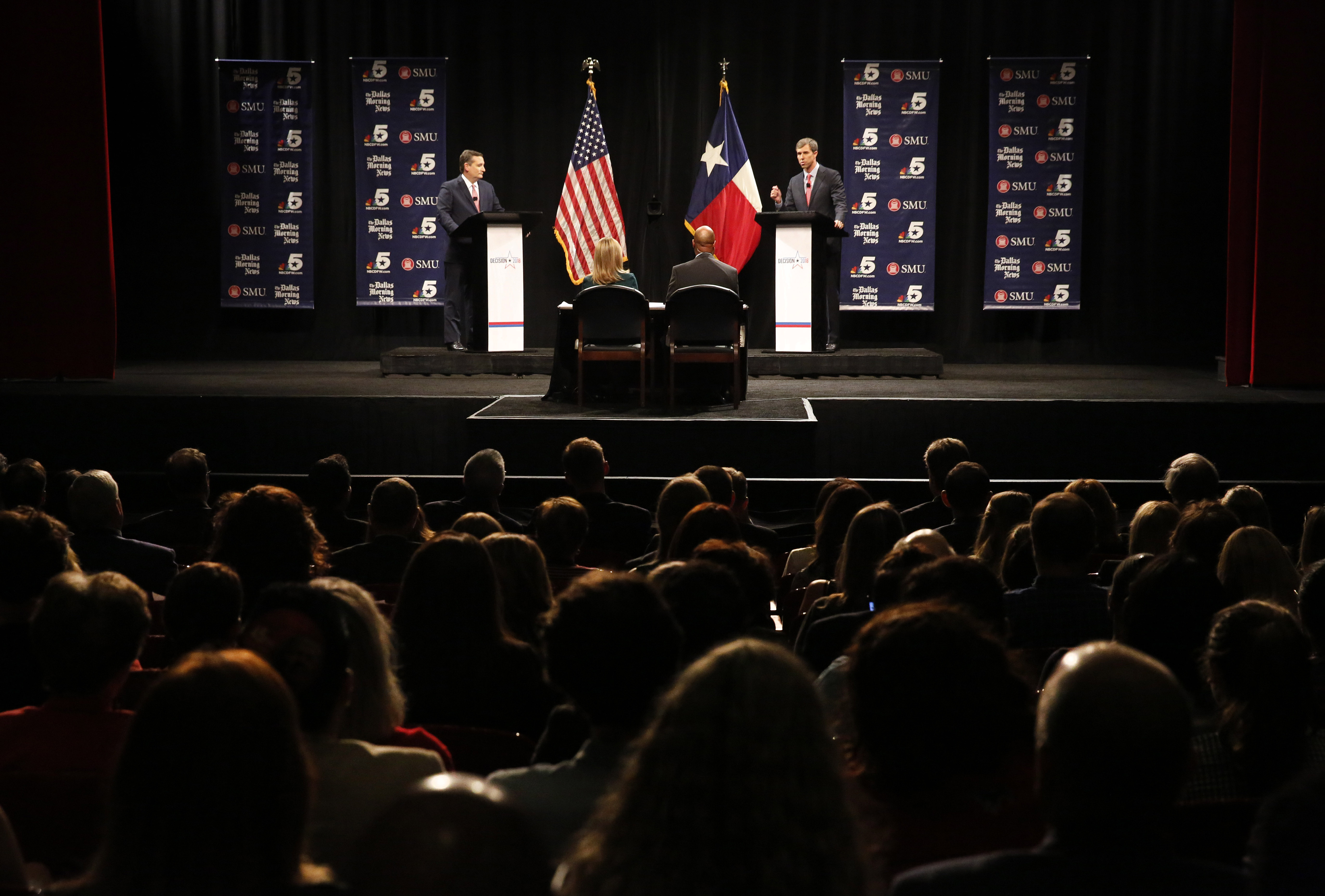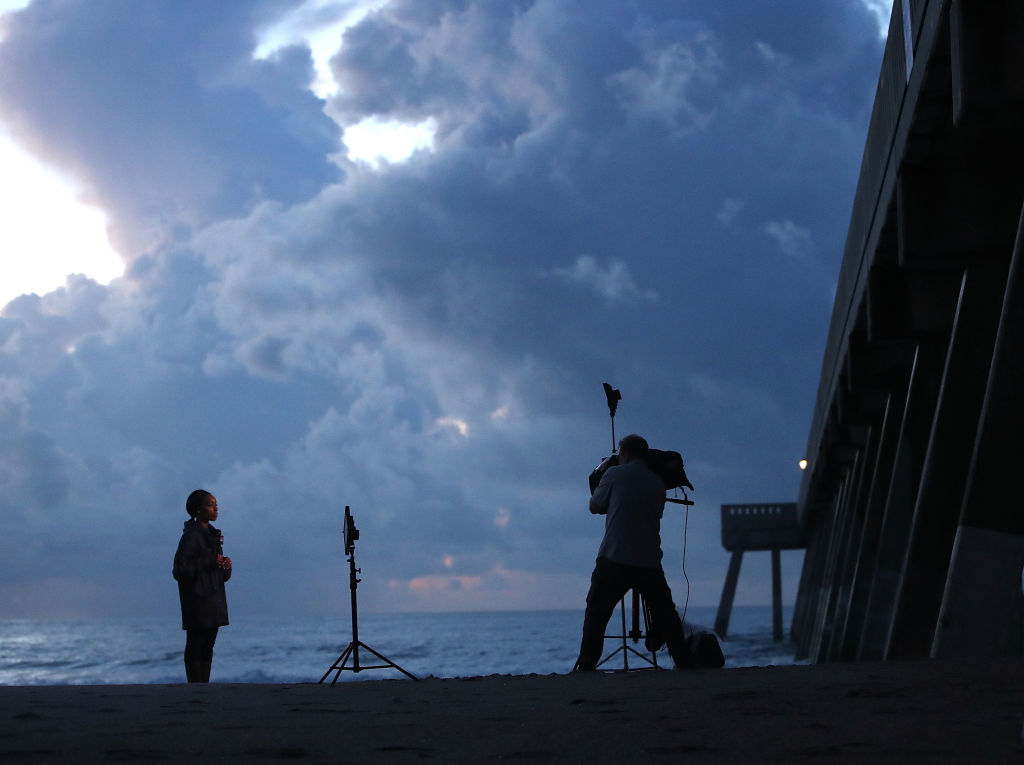Climate change affects different regions in different ways — from extreme heat and drought in the southern states and inland flooding along the coast to wildfires out west — and yet the issue has been glaringly absent from the midterm debates this election season.
Analyzing the most competitive Senate and gubernatorial races, Media Matters for America found that the vast majority of debates have not featured a single question on climate change, including the recent debate between Texas’ high-profile Senate candidates, Beto O’Rourke (D) and Ted Cruz (R).
The exception? A single gubernatorial debate in Minnesota.
Minnesota faces worse drought and extreme heat with rising global temperatures. And at the end of August, Minnesota gubernatorial candidates Republican Jeff Johnson and Democrat Tim Walz were asked about their stance on tackling climate change.
Following an article by Minnesota Public Radio (MPR) that suggested Johnson didn’t plan to do anything about climate change because he didn’t think it would have any impact, debate moderator and MPR political editor, Mike Mulcahy, asked him to clarify where he stood, prompting a five-minute exchange.
“My position is that I want to have some common sense when it comes to environmental regulations. I actually — I’m not sure I would roll back anything that’s in place. Maybe there is something out there. But I think we do a pretty good job in Minnesota of protecting our natural environment, of protecting our water, of protecting our air, of protecting habitat,” Johnson replied.
“But,” he continued, “if you are going to suggest that we need to completely reorder our economy and create tremendous new costs for individuals based upon a climate change policy, then you’re going to have to show me that it’s actually going to work.”
Johnson then went on to say that he accepts climate change is happening but there is still “quite a disparate opinion” on how much humans cause climate change.
“No, there’s not,” replied his opponent Walz. (Scientists have long known that humans, through burning fossil fuels, are the primary driver of climate change.) Walz then asserted that his position was to make Minnesota a leader in the clean energy economy.
“This is both an existential threat to deal with it, it’s being a state that leads on this,” Walz said, “and the president’s reckless decision to pull us out of the Paris climate accords makes it more difficult. But, this is the opportunity for states like Minnesota to lead.”
Media Matters has analyzed 12 debates so far, and plans to keep doing so as the November elections draw closer. According to the nonprofit, during the 2016 election cycle, less than a quarter of debates in competitive Senate and gubernatorial races had a question about climate change — and this year, moderators are doing even worse.
Undoubtedly, all eyes will be on this Sunday’s second debate between O’Rouke and Cruz, set to take place in Houston, which is still recovering from last year’s Hurricane Harvey — the wettest storm the country has seen in the last 70 years.
“They should’ve talked more about that,” one local Austin viewer told ThinkProgress during the first debate last week.
Pointing to the Minnesota debate, Lisa Hymas, director of the climate and energy program at Media Matters, said on Twitter: “When moderators do ask about climate change, voters can learn a lot about candidates’ stances.”
Indeed, there are a lot of candidates with strong environmental platforms this year. In the congressional races, for example, there are a slew of progressive candidates who aren’t afraid to talk about the intersection of social justice issues and the environment. Meanwhile many, including O’Rouke, have pledged not to accept fossil fuel campaign donations.
And for those who don’t put the environment front and center in their campaign, as Media Matters argues, these candidates should still be asked about it because their actions have the potential to impact the lives of many as the country tries to address climate change.


